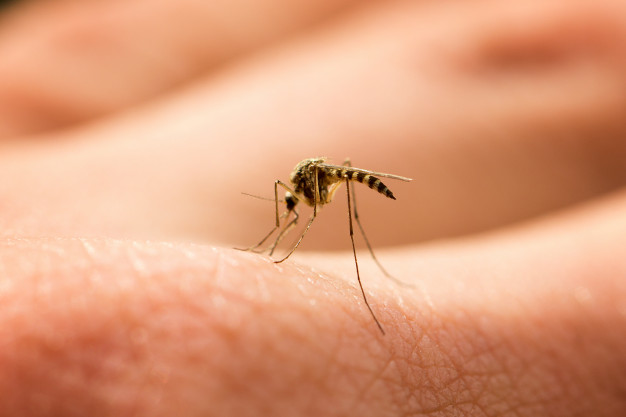
15 Aug Fighting Dengue Fever
Posted at 10:20h
in Health and Wellness
[et_pb_section fb_built=”1″ admin_label=”section” _builder_version=”3.22″ custom_padding=”0|0px|0|0px|false|false”][et_pb_row admin_label=”row” _builder_version=”3.25″ background_size=”initial” background_position=”top_left” background_repeat=”repeat” custom_padding=”27px|0px|45px|0px|false|false”][et_pb_column type=”4_4″ _builder_version=”3.25″ custom_padding=”|||” custom_padding__hover=”|||”][et_pb_text _builder_version=”4.4.1″ background_size=”initial” background_position=”top_left” background_repeat=”repeat” text_orientation=”justified” hover_enabled=”0″ z_index_tablet=”500″]Dengue is a mosquito-borne disease that is most common in Southeast Asia. In the Philippines, dengue cases as reported all year round, with peak transmissions occurring during the months of May through November (rainy season).
Symptoms of dengue typically show 4-7 days after you’ve been bitten. Some signs that you should look out for are:
Symptoms
- Headache
- Muscle, bone and joint pain
- Nausea/Vomiting
- Pain behind the eyes
- Swollen glands
- Rash
- Sudden onset fever
Prevention
- Cover water drums and pails
- Clean gutters of leaves and debris
- Wear long pants and long-sleeved shirt
- Use mosquito repellent
- Take precautions and do fogging if there is an impending outbreak
When to see a doctor
If you develop a fever and milder symptoms common to dengue fever, call your doctor.
When should I go to the emergency room?
In more severe cases of dengue, the symptoms can become life-threatening. Rush to the emergency room when you’re experiencing these symptoms
- Persistent vomiting
- Severe abdominal pain
- Bleeding under the skin, which might look like bruising
- Blood in your urine, stools or vomit
- Bleeding from your gums or nose
- Difficult or rapid breathing
- Fatigue
- Clammy skin
- Irritability or restlessness



